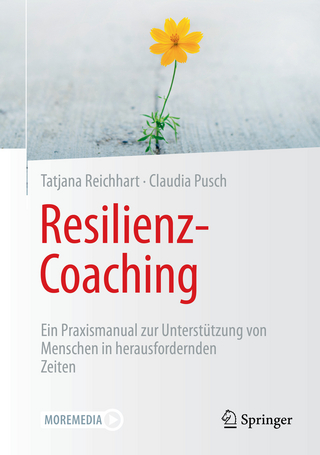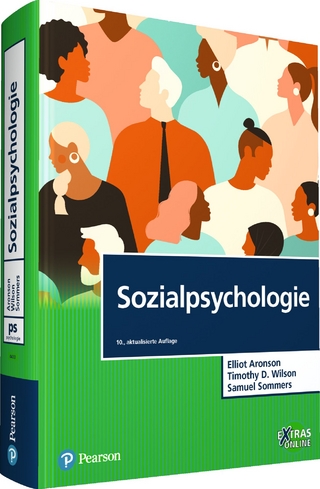
Holding a Mirror up to Nature
Cambridge University Press (Verlag)
978-1-108-83339-4 (ISBN)
Shakespeare has been dubbed the greatest psychologist of all time. This book seeks to prove that statement by comparing the playwright's fictional characters with real-life examples of violent individuals, from criminals to political actors. For Gilligan and Richards, the propensity to kill others, even (or especially) when it results in the killer's own death, is the most serious threat to the continued survival of humanity. In this volume, the authors show how humiliated men, with their desire for retribution and revenge, apocryphal violence and political religions, justify and commit violence, and how love and restorative justice can prevent violence. Although our destructive power is far greater than anything that existed in his day, Shakespeare has much to teach us about the psychological and cultural roots of all violence. In this book the authors tell what Shakespeare shows, through the stories of his characters: what causes violence and what prevents it.
James Gilligan, Professor of Clinical Psychiatry, NYU, wrote Violence (1996), Preventing Violence (2001), Why Some Politicians Are More Dangerous Than Others (2011), a Times Literary Supplement 'Book of the Year', and co-authored The Dangerous Case of Donald Trump (2016), a New York Times best-seller. His advice has been sought by President Clinton, Tony Blair, Kofi Annan, the World Health Organization, and the World Court. David A.J. Richards is Professor of Law at New York University. He is the author of over 20 books including: Free Speech and the Politics of Identity (1999), Disarming Manhood: Roots of Ethical Resistance (2005), The Deepening Darkness: Patriarchy, Resistance, and Democracy's Future (Cambridge University Press, 2009, with Carol Gilligan), Why Love Leads to Justice: Love Across the Boundaries (Cambridge University Press, 2015).
Introduction: can we learn from Shakespeare about the causes and prevention of violence?; 1. Shame and guilt in personality and culture; 2. The cycle of violence in history plays; 3. Fathers and mothers: the perversion of love in King Lear and Coriolanus; 4. Make war, not love: Anthony and Cleopatra; 5. The motives and malignity: shame and masculinity in Othello and Macbeth; 6. Moral nihilism and the paralysis of action: Hamlet and Troilus and Cressida; 7. Apocalyptic vioence: Timon of Athens; 8. Transcending morality, preventing violence: Measure for Measure, The Tempest, The Winter's Tale, and The Merchant of Venice; 9. The form and pressure of Shakespeare's time – and ours: what Shakespeare shows us about shame, guilt, love and violence; Acknowledgments.
| Erscheinungsdatum | 22.11.2021 |
|---|---|
| Zusatzinfo | Worked examples or Exercises |
| Verlagsort | Cambridge |
| Sprache | englisch |
| Maße | 157 x 235 mm |
| Gewicht | 430 g |
| Themenwelt | Geisteswissenschaften ► Psychologie ► Sozialpsychologie |
| Geisteswissenschaften ► Sprach- / Literaturwissenschaft ► Anglistik / Amerikanistik | |
| Geisteswissenschaften ► Sprach- / Literaturwissenschaft ► Literaturgeschichte | |
| Geisteswissenschaften ► Sprach- / Literaturwissenschaft ► Literaturwissenschaft | |
| ISBN-10 | 1-108-83339-X / 110883339X |
| ISBN-13 | 978-1-108-83339-4 / 9781108833394 |
| Zustand | Neuware |
| Informationen gemäß Produktsicherheitsverordnung (GPSR) | |
| Haben Sie eine Frage zum Produkt? |
aus dem Bereich


